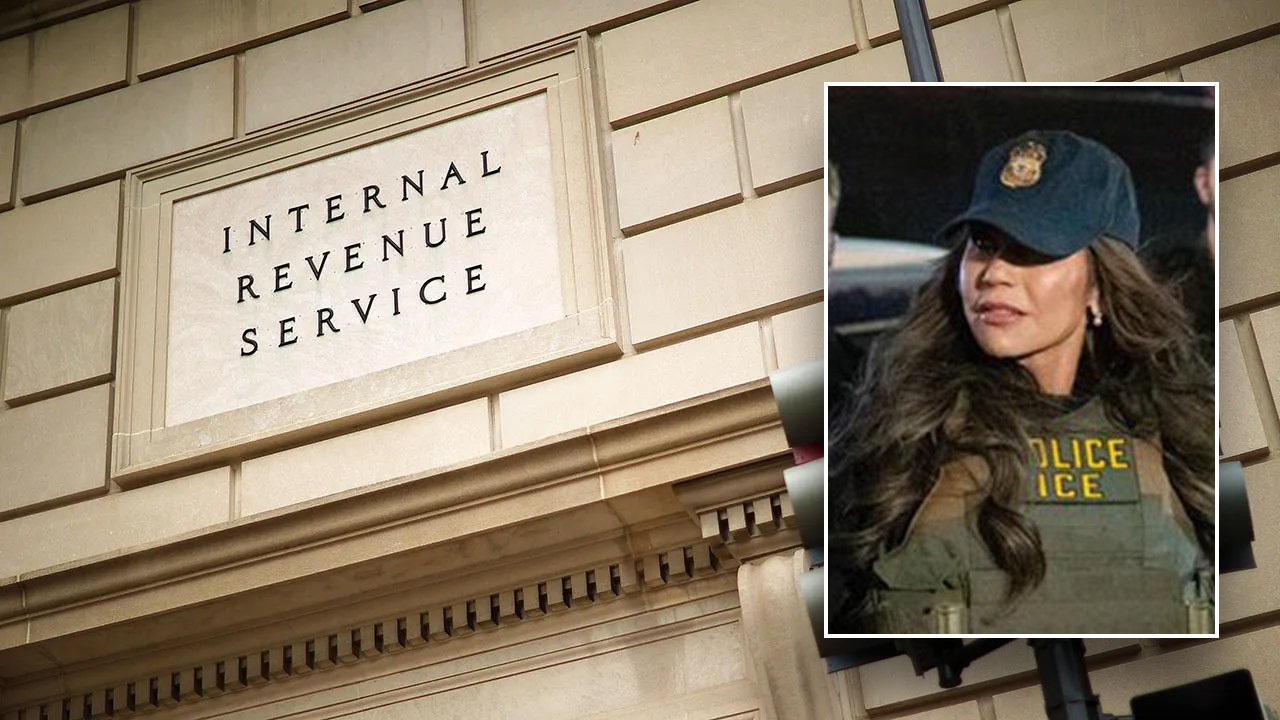Court rules in favor of Trump admin in DHS, IRS case

In a recent legal development, a federal judge has denied an injunction request that sought to prevent the Department of Homeland Security and the Internal Revenue Service from collaborating to allow U.S. Customs and Immigration Enforcement (ICE) access to taxpayer information for the purpose of locating illegal immigrants for deportation. This decision by U.S. District Judge Dabney Friedrich came amidst a lawsuit filed by Centro de Trabajadores Unidos, an organization advocating for immigrant rights, against Treasury Secretary Scott Bessent.
Judge Friedrich’s order emphasized the legal question at the heart of the case, stating that the Memorandum of Understanding between the IRS and DHS does not violate the Internal Revenue Code. This ruling allows the partnership between the two agencies to continue, enabling ICE to access taxpayer information to aid in their efforts to identify and deport individuals who are in the country illegally.
The agreement between DHS and the IRS, initially established in April, outlines a process to safeguard sensitive taxpayer data while permitting law enforcement agencies to pursue criminal violations. A senior Treasury Department official emphasized the agency’s commitment to protecting the privacy of law-abiding taxpayers, while acknowledging the necessity of providing assistance to law enforcement in cases involving criminal activities.
Under the terms of the agreement, ICE can provide the names and addresses of illegal immigrants to the IRS, who can then cross-reference this information with tax records to determine the individuals’ current addresses. This collaboration aims to streamline the process of locating and deporting those who have violated immigration laws.
Despite concerns raised by advocacy groups about potential privacy violations, Judge Friedrich’s order noted that the Memorandum only allows for the sharing of information for criminal investigations, rather than civil enforcement purposes. This distinction was crucial in the court’s decision to uphold the partnership between the two federal agencies.
This legal development comes at a time when President Donald Trump’s administration has been intensifying efforts to fulfill his campaign promise of cracking down on illegal immigration. The collaboration between DHS, the IRS, and ICE underscores the administration’s commitment to enforcing immigration laws and removing individuals who are in the country unlawfully.
Overall, the court’s decision to deny the injunction request signifies a green light for continued cooperation between federal agencies in addressing immigration enforcement issues. As the legal landscape continues to evolve, it remains essential to balance the enforcement of immigration laws with the protection of individuals’ privacy rights.




